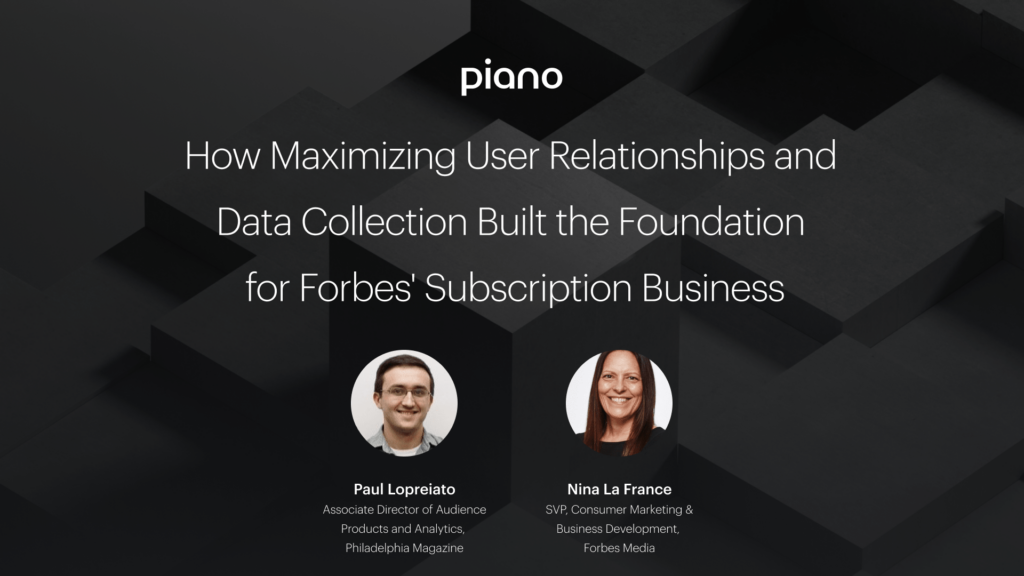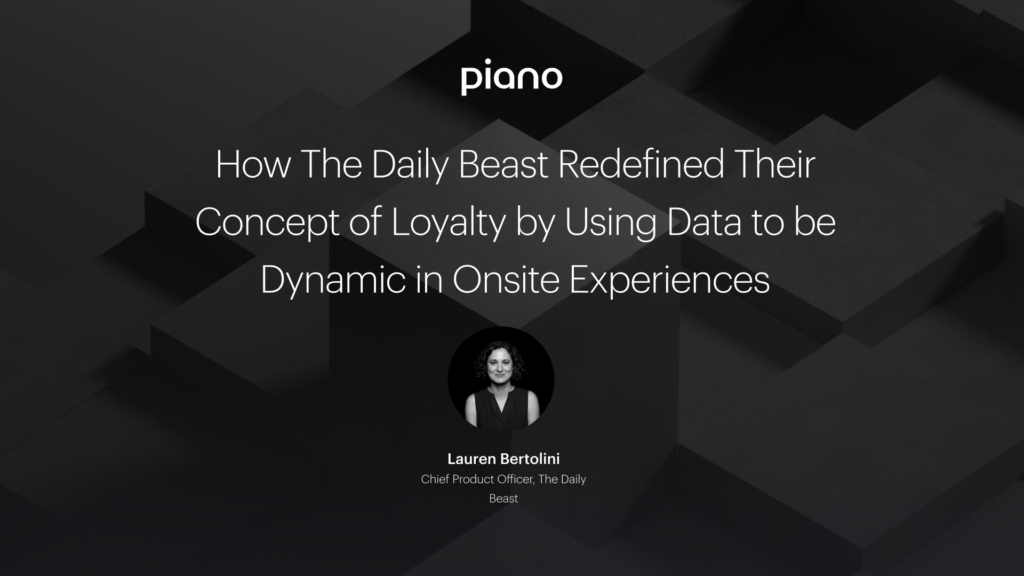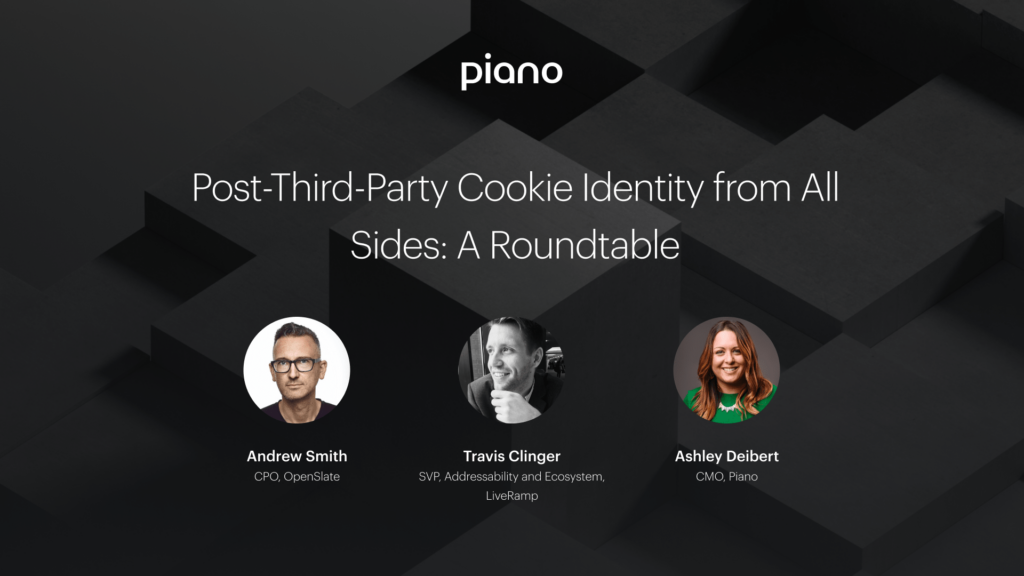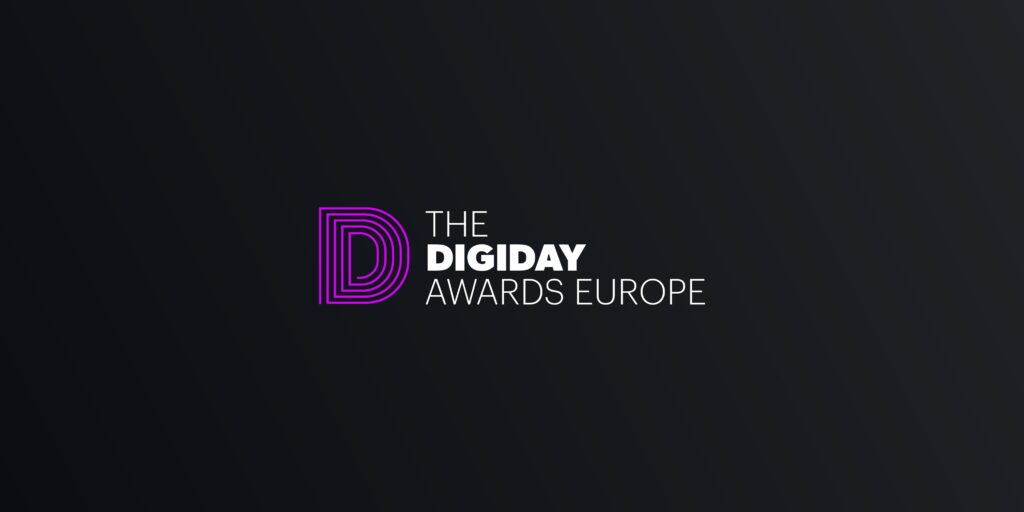Piano Academy Petite Amsterdam 2021 in Review
Our 2021 Piano Academy event series continued on September 28 in Amsterdam with our first in-person event in quite some time. Piano Academy Petite was an engaging one-day session featuring a range of speakers — clients, partners and Piano subject-matter experts — who presented on subscriptions, analytics and personalization to publishing and broadcasting attendees from the Benelux region.
Here are some of the key takeaways from the event.
Highlighting the importance of data consolidation and quality
Piano analytics expert Declan Owens explored the state of audience data and analytics and how to improve interoperability in 2022. “The upcoming Digiday State of the Industry Report will reveal that many companies are struggling to maintain a high level of data quality and that they either use too many tools or tools that are incompatible,” he shared.
According to Owens, companies need to work with a consolidated platform that brings teams onto the same page by providing a single source of truth in reporting for segments, or for targeting by unifying data, including marketing analytics, product analytics, content analytics, transaction data and first-party data.
Guus Bartholomé, Online Research Specialist at NPO, explained how his organization turned analytics into a competitive advantage with Piano. “By leveraging real-time consolidated data with better tools such as self-service reporting, tailored BI dashboards, certified reports, a data warehouse and data science projects, we guarantee high-quality, trustworthy data that is reliable and well-protected, as well as numerous tools to help us draw value from the data,” Bartholomé explained. “This has given NPO a far higher degree of internal efficiency with data and for all teams leveraging it across the organization.”
Mastering the subscription journey
Following a presentation on how Piano accelerates our clients’ ability to understand, engage and monetize digital customers, our SVP of Strategy Michael Silberman shared key performance metrics on how 300+ subscription businesses have fared this year—and what that data means for 2022.
“Using benchmark data from the 2.6 billion unique visitors that pass through Piano-powered sites every month [...], we will continue to enable our clients to have a complete understanding of the customer journey and be able to apply messaging and marketing tactics, enabled by our software, to impact that journey and drive engagement,” said Silberman.
Following breakout sessions on the subscription journey, IPM Group’s advertising/subscription managers Olivier Evrard and Nicolas Van Hulle shared their journey from a print to digital focus using Piano. With the challenge of shifting from paper to digital subscriptions, IPM Group was eager to migrate from their current range of platforms to align the company around a single solution.
“Marketing can start to use data [on Piano] to analyze the user journey while using one database to manage all customer data in the group,” Evrard said. By working with Piano to master first-party data acquisition, IPM Group will optimize their payment system by focusing on data management and organization. “We aim to onboard key users to manage subscription VX, creative offers, and create offers without IT support,” he concluded.
Why it’s vital to fully own your data
Piano’s Chief Growth Officer Joanna Catalano joined Remco Steen, Advertising Technology Lead at Mediahuis Netherlands, to dive into how the organization made a winning shift to leverage first-party data as a longtime Piano DMP user.
On the back of 15+ years in digital advertising, Remco explained that “a lot of brands use anonymous (unauthenticated) data and take an agnostic approach.” This has led to some bigger brands looking for non-Google solutions.
“Many of the advertising agencies are behind in their approach, and Google’s Demand Side Platform (DSP) has 80% of the market share, so there isn’t a lot of choice. This means that the agencies have no control over their processes or negotiation power to steer their roadmap,” Steen added.
Discover more details about Mediahuis’ approach—as well as their impressive results with Piano DMP—in this case study.
After some final breakout sessions on first-party data, Michael Silberman closed the day by outlining the strategic importance of working with a platform that provides a single view to collect, manage and activate data. This particularly applies when it comes to gathering first-party data in the run up to Google’s third-party cookie deprecation in 2023.
To hear more industry insights, visit the Piano Academy section of our Resources page.






